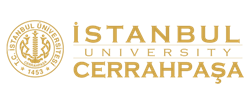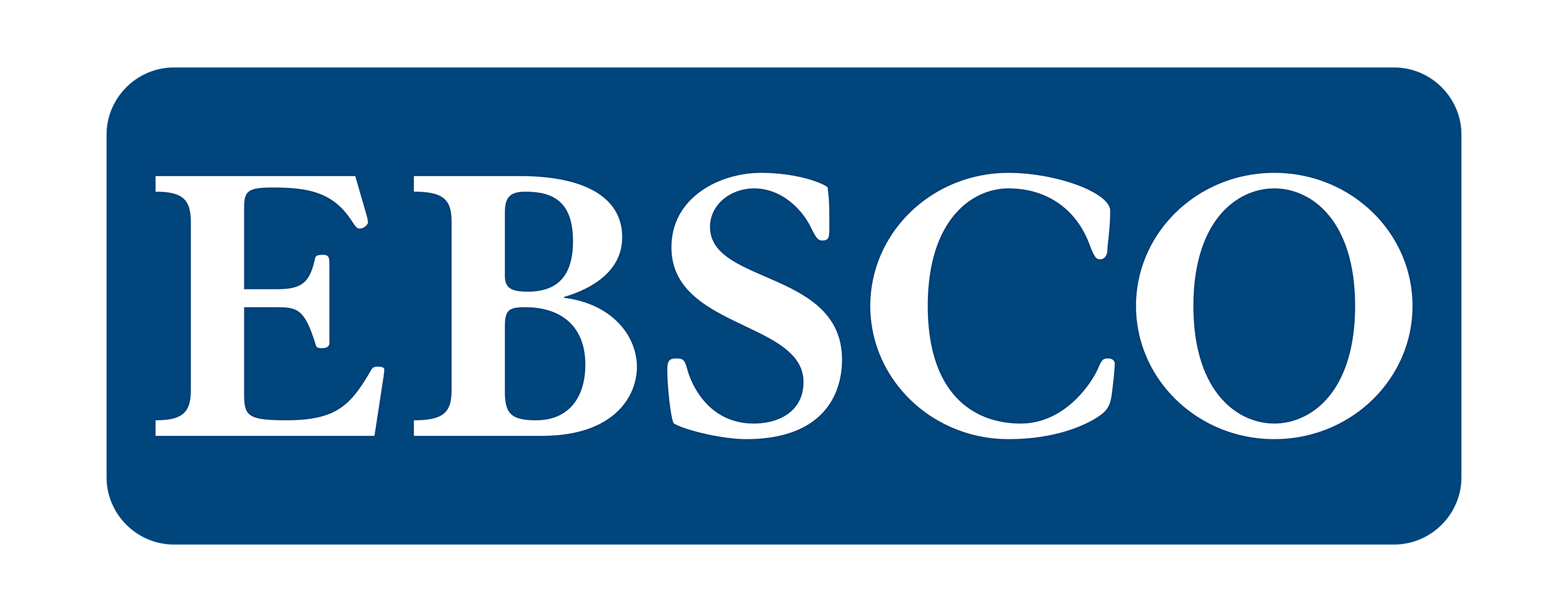Objective: The aim of this study is to determine the relationship among self-leadership, job satisfaction, and job stress among healthcare professionals. This study considers the leadership models of the last century as products of hierarchical and bureaucratic paradigms that are effective for economies, whether physical production based or knowledge-oriented economies. Nowadays, the increasing workloads of leaders, introduction of alternative theories about leadership, and the increasing need for leadership revision have made the effects of leadership clear. This study adoptes a descriptive correlational design using a cross-sectional survey.
Methods: As a method, the data were analyzed using descriptive, simple, and multiple linear regression to reveal the relationship between self-leadership, job satisfaction, and job stress. Using quantitative methods, data were collected between May 1 and 31 in 2017. The data were obtained by face-to-face interview method with 357 employees working in a public hospital.
Results: This study finds out the relationships among self-leadership, job satisfaction, and job stress. The correlation between self-leadership and job satisfaction (r = 0.237; P < .05), and self-leadership and job stress (r = −0.062; P < .005) is generally ranging between moderate and low. Within the scope of regression analysis, the sub-dimensions of self-leadership (behavioral-focused strategies, natural reward strategies, and constructive thinking model strategies) explain the variance of job satisfaction (R2 = 0.046; R2 = 0.035; R2 = 0.082) and job stress (R2 = 0.049; R2 = 0.013; R2 = 0.020). It is determined that there is a relationship between self-leadership, job satisfaction, and job stress.
Conclusion: The study concludes that the encouragement of self-leadership in healthcare organizations will considerably increase the job satisfaction of employees and reduce job stress.
Cite this article as: Çakmak C, Uğurluoğlu Ö. The relationship between self-leadership, job satisfaction, and job stress among healthcare professionals. Arch Health Sci Res. 2022;9(2):123-129.


.jpg)


